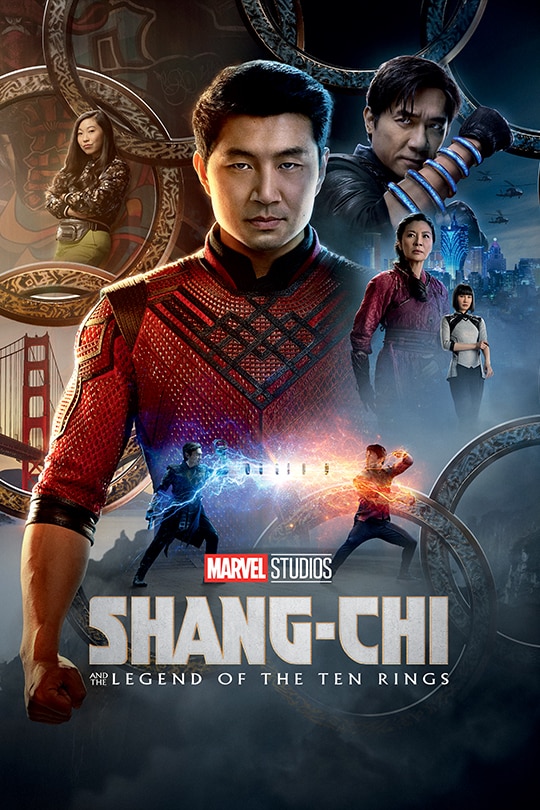Hen hao, hen hao: Shang-Chi brings in a brand new Marvel
What it’s like for Asian voices to tell their own stories on the big screen
“Hěnhǎo!” is what I would say to anyone asking me about my opinion on Marvel’s latest film — for those who don’t speak Mandarin, that means “very good!”
Marvel’s most recent box office release, Shang-Chi and the Legend of the Ten Rings, blew my mind. As both a Marvel fan and an Asian (although not Chinese), I could not contain my excitement to finally see a Marvel movie with a predominantly Asian cast and crew. My worlds were colliding.
From the opening scene to the second end-credits-scene, I was entirely captivated and enthralled by the emotion and beauty of the movie. Not only was it great at depicting different aspects of Chinese culture, it was also great at doing so in an authentic way. The representation was definitely there, and you could tell that the movie was highlighting Asian cultures – but it was not overexaggerated. I was able to enjoy and connect with the subtleties of the movie that demonstrated what life is like in an Asian-American household, from taking off your shoes before entering the house, speaking in sentences interlaced with both languages to celebrating different legends and holidays.
The Chinese representation was prevalent throughout the entire movie. As Shang-Chi’s mother narrated the backstory for roughly the first 10 minutes, everything was spoken in Mandarin Chinese (with English subtitles).
At first, I was shocked to hear Chinese spoken so extensively on the big screen; typically, movies or shows in English only show characters speaking in a different language for two to three sentences. I was sitting next to my friend who actually speaks Mandarin, and right away, she turned to me, so happy that she understood what was being said. While I was worried that the film may have lost the attention of the audience towards the end of the 10 minutes, I think it was a perfect choice to start the movie with. It set up the context for the rest of the movie and gave the viewer an idea of the life Shang-Chi knew before coming to America.
The movie follows Shang-Chi (who goes by the name Shaun), his sister Xialing and his best friend Katy, as they try to stop Shang-Chi’s father Wenwu from letting loose a creature called the Dweller of Darkness from the village where his mother grew up. In the backstory, we learn that Wenwu has the Ten Rings, which give its holder insane amounts of power. Wenwu wanted to use this power for himself and created the organization of the Ten Rings. There, he exclusively trains men to become assassins, including Shang-Chi. Shang-Chi later runs away and lives in San Francisco for 10 years, but once he and Katy get attacked by some of Wenwu’s men, Shang-Chi is forced to go back to China to find his sister and face the life he left behind.
The movie was incredibly well shot, with more action sequences than I could count and flashbacks to Shang-Chi’s childhood that contributed to each character arc. It interlaced heavy, emotional themes with lighthearted humor and had me (and the entire theater) cracking up constantly. Katy and Shang-Chi’s friendship and constant banter felt real and was a good addition to the film.
The fight scenes were also unlike anything I’ve seen before. It was a mix of the standard “Marvel-style” hand-to-hand combat (knives, punching, people with robotic arms) and martial arts-style fighting. Almost all the fight scenes emphasized the incorporation of the four elements commonly seen in Chinese culture. Even though the characters were fighting, at times, their movements looked graceful, which was an entirely new thing for me to see.
All in all, this movie killed it in every aspect: representation, action, humor, emotion, special effects, everything. I would recommend this movie to everyone, as I, myself, will be heading back to theaters to watch it again. I can’t wait to see what’s in store for Shang-Chi in future Marvel movies.
Happy, free, confused and lonely in the best way.



